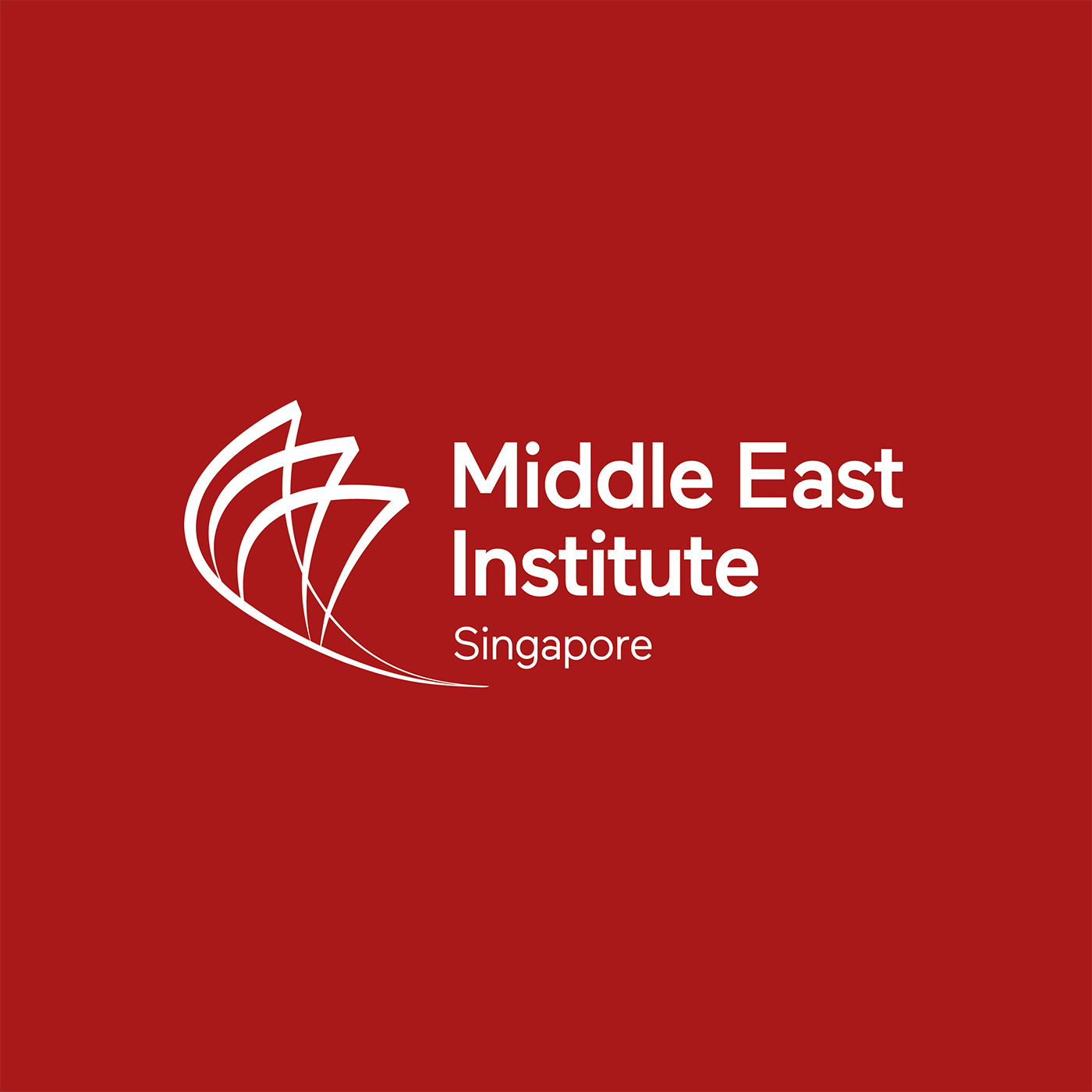Episodes
![[Book Talk] Global Jihad: A Brief History](https://pbcdn1.podbean.com/imglogo/ep-logo/pbblog4563756/Video_Opening_Title_57yt7r_300x300.jpg)
Saturday Mar 04, 2023
[Book Talk] Global Jihad: A Brief History
Saturday Mar 04, 2023
Saturday Mar 04, 2023
Most violent jihadi movements in the twentieth century focused on removing corrupt, repressive secular regimes throughout the Muslim world. But following the 1979 Soviet invasion of Afghanistan, a new form of jihadism emerged – global jihad – turning to the international arena as the primary locus of ideology and action. With his new book published with Stanford University Press, Glenn E. Robinson, a professor of defense analysis at the Naval Postgraduate School, develops a compelling and provocative argument about this violent political movement’s evolution. Global Jihad tells the story of four distinct jihadi waves, each with its own program for achieving a global end: whether a Jihadi International to liberate Muslim lands from foreign occupation; al-Qaida’s call to drive the United States out of the Muslim world; ISIS using “jihadi cool” to recruit followers; or leaderless efforts of stochastic terror to “keep the dream alive.” Robinson connects the rise of global jihad to other “movements of rage” such as the Nazi Brownshirts, White supremacists, Khmer Rouge, and Boko Haram. Against that backdrop, this book talk will discuss not only the history and the nature of the global jihad phenomenon, it will also question its future as a strategic threat from the Middle East to the Southeast Asian region.
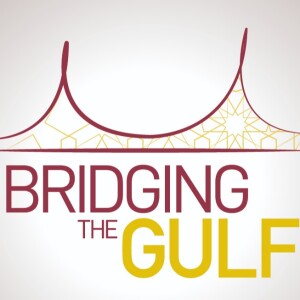
Tuesday Mar 21, 2023
Pushing the Boundaries: Gender and Climate Change in the GCC
Tuesday Mar 21, 2023
Tuesday Mar 21, 2023
The United Nations’ Women agency, in an explainer, stated categorically that the global climate crisis is not “gender neutral”, since women and girls experience the greatest impacts of this phenomenon, which in turn amplifies existing gender inequalities. Conversely, the findings by Project Drawdown, a non-profit organisation that researches on climate solutions, reveal that access to family planning services for women, girls, and couples, constitutes one of the top three solutions to combat climate change.
With the 28th session of the Conference of Parties (COP 28) taking place in the United Arab Emirates (UAE), mainstreaming climate concerns in the Arab region after last year’s edition in Sharm El Sheikh will now have to deliver on multiple fronts. National Adaptation Plans (NAPs) for climate change are expected to incorporate gender equality frameworks. What is the track record of Arab countries in this area, notably in the Gulf Cooperation Council (GCC) states, where one of them will host COP 28? Will economic diversification and climate-based solutions in these oil-producing states, on top of domestic reforms, help the cause of gender equality?
The Middle East Institute will host the prominent Omani climate change activist, Rumaitha Al Busaidi, to address these questions and more.
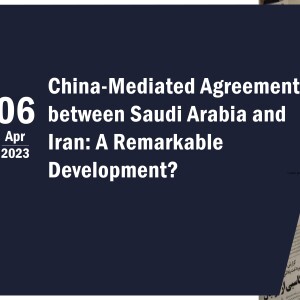
Thursday Apr 06, 2023
China-Mediated Agreement between Saudi Arabia and Iran: A Remarkable Development?
Thursday Apr 06, 2023
Thursday Apr 06, 2023
The agreement between Saudi Arabia and Iran to restore their diplomatic ties is a significant development with potential to which will reverberate throughout the Middle East region and beyond. The next few months will be crucial to determining if the deal lives up to its promise, and whether China’s role is a reflection of its new clout in the region. This webinar will examine the rationale of the three primary players in coming to an agreement, and what might be in store for the regional security architecture in future.
![[Book Talk] The Indian Ocean as a New Political and Security Region](https://pbcdn1.podbean.com/imglogo/ep-logo/pbblog4563756/Video_Opening_Title_wzaydn_300x300.jpg)
Thursday Apr 27, 2023
[Book Talk] The Indian Ocean as a New Political and Security Region
Thursday Apr 27, 2023
Thursday Apr 27, 2023
The new book from Frédéric Grare and Jean-Loup Samaan analyses the emergence of the Indian Ocean as a strategic space of central importance. For a long time, the Indian Ocean was a “neglected ocean”, almost marginal compared to the global centres in the East and West. However, by the end of the 2000s, China’s global growth triggered new interest in the region. Although this was primarily driven by considerations over great power competition, namely between the US, China, and India, the authors argue in their book that the Indian Ocean is not merely a battleground for this strategic triangle. It is also a vast space of competition among local players (from the Horn of Africa to the Persian Gulf, and South-east Asia) whose ambitions have increased dramatically in the last decade.
This book talk will discuss the latest developments in the Indian Ocean: The evolving relations between India, China, and the US; the new role of middle powers, such as European countries or Gulf states; the need for greater regional governance, and the implications for South-east Asia.
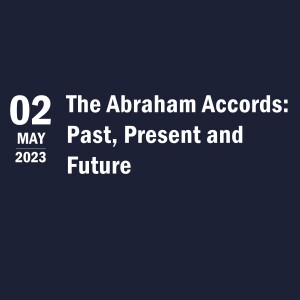
Wednesday May 03, 2023
The Abraham Accords: Past, Present and Future
Wednesday May 03, 2023
Wednesday May 03, 2023
For decades, diplomats have pursued a resolution to the Israeli-Palestinian, and Israeli-Arab conflicts. Unfortunately, many have incorrectly believed that peace with Israel and the wider region could only come after a negotiated settlement was reached between Israel and the Palestinians. The Abraham Accords, negotiated by Jared Kushner and Avi Berkowitz, have shattered this myth, reshaped the political landscape of Israel, and have led many to rethink ways to change the status quo. By analysing the lessons learned from negotiating the Accords, future diplomats will be better equipped to advance the cause of peace in the Middle East.
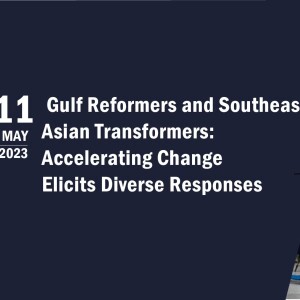
Friday May 12, 2023
Gulf Reformers and South-east Asian Retrenchers
Friday May 12, 2023
Friday May 12, 2023
To match the breakneck speed of their progress, the United Arab Emirates and the Kingdom of Saudi Arabia have both initiated bold social reforms recently.
In its drive to attract foreign talent, a condition for stronger competitiveness, the Emirates relaxed laws banning the cohabitation among unmarried couples and alcohol consumption. In Saudi Arabia, freedom for women to drive, and to decide whether to wear the hijab, have amounted to a break with past social practices, speeding up their integration into public and economic life. These changes, which are ushering in a more conducive social climate for realising ambitious development plans, go hand in hand with efforts to curb religious extremism.
Meanwhile, in the two largest Muslim-majority nations of South-east Asia, Malaysia, and Indonesia have gone in the opposite direction: The recent general election in Malaysia bolstered Islamic parties significantly, while conservative Islamic agendas proliferate in the political life of Indonesia, leading to the adoption of a controversial new Penal Code seen as a setback for civil liberties. With local elections in Malaysia due later this year, and both parliamentary and local elections in Indonesia in 2024, the conservative trend may solidify.
Are the two diverging tracks over political Islam and social liberties amounting to a chasm between Gulf reformers and South-east Asian conservatives? Will this divergence impact on political, business, and people-to-people ties between the two sides?
These questions will be discussed by Dr. Mohammed Baharoon, Director General of B’huth think-tank in the UAE, Dr. Chin Huat Wong, political scientist at the Jeffrey Sachs Center on Sustainable Development, Sunway University, Malaysia, and Dr. Muhammad Zulfikar Rakhmat, political scientist of Universitas Islam Indonesia, and research affiliate at MEI-NUS.
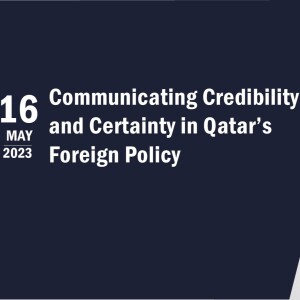
Wednesday May 17, 2023
Communicating Credibility and Certainty in Qatar’s Foreign Policy
Wednesday May 17, 2023
Wednesday May 17, 2023
Qatar’s newly-appointed Prime Minister, Sheikh Mohammed bin Abdulrahman Al-Thani, who is also the country’s foreign minister, recently reaffirmed the importance of soft diplomacy in an interview, adding that it “contributes greatly” to Doha’s “position as a major and important player in the region and the world”. Qatar’s quest to cement its place in the international arena was also boosted by its success as host of the World Cup. Despite this, however, Qatar has not escaped criticism over human rights, or prevent the various diplomatic crises it faced in the 2010s. Nevertheless, the country has sought to establish itself as both a mediator and a humanitarian channel in crises.
How does Doha earn sufficient credibility to tip countries over to its side? In an era fraught with fake news and disinformation campaigns, how does Qatar communicate its foreign policy effectively, while repulsing criticism? Will the gleaming facilities built for the World Cup end up as white elephants now that the tournament is over? What is “Qatar’s brand”?
To answer the above questions and more, the Middle East Institute will welcome Mr. Ibrahim Al-Hashmi, the Director of Media and Communication at Qatar’s Ministry of Foreign Affairs, for its first in-person session for the Bridging the Gulf series.
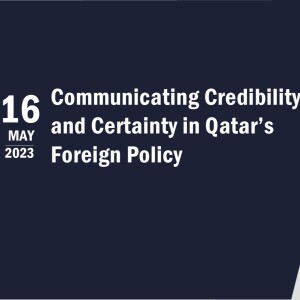
Saturday May 20, 2023
Communicating Credibility and Certainty in Qatar’s Foreign Policy
Saturday May 20, 2023
Saturday May 20, 2023
Qatar’s newly-appointed Prime Minister, Sheikh Mohammed bin Abdulrahman Al-Thani, who is also the country’s foreign minister, recently reaffirmed the importance of soft diplomacy in an interview, adding that it “contributes greatly” to Doha’s “position as a major and important player in the region and the world”. Qatar’s quest to cement its place in the international arena was also boosted by its success as host of the World Cup. Despite this, however, Qatar has not escaped criticism over human rights, or prevent the various diplomatic crises it faced in the 2010s. Nevertheless, the country has sought to establish itself as both a mediator and a humanitarian channel in crises. How does Doha earn sufficient credibility to tip countries over to its side? In an era fraught with fake news and disinformation campaigns, how does Qatar communicate its foreign policy effectively, while repulsing criticism? Will the gleaming facilities built for the World Cup end up as white elephants now that the tournament is over? What is “Qatar’s brand”? To answer the above questions and more, the Middle East Institute will welcome Mr. Ibrahim Al-Hashmi, the Director of Media and Communication at Qatar’s Ministry of Foreign Affairs, for its first in-person session for the Bridging the Gulf series.
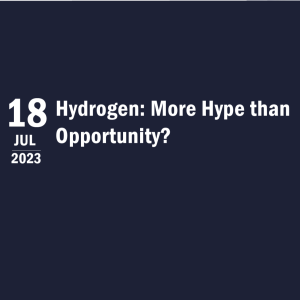
Wednesday Jul 19, 2023
Hydrogen - More Hype than Opportunity?
Wednesday Jul 19, 2023
Wednesday Jul 19, 2023
Countries around the world – from oil-producing Gulf Arab states to net-energy importers in South-east Asia – have turned to hydrogen for energy security, environmental, and economic reasons. Hydrogen has been largely seen as a clean fuel with potential to decarbonise sectors such as transportation (shipping and aviation) and industry (e.g., steel and chemicals), keeping global warming in check. But how realistic is hydrogen development? Is the technology commercially viable? Is the infrastructure, both physical and regulatory, in place? The Middle East Institute has organised a webinar to answer these questions and more.
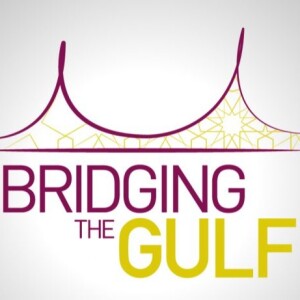
Thursday Aug 17, 2023
Hope & an Eye on the Future: The UAE’s Space Sector
Thursday Aug 17, 2023
Thursday Aug 17, 2023
The launch of the Hope probe in July 2020 made the United Arab Emirates the first Arab nation to undertake inter-planetary exploration. The unmanned spacecraft has been in orbit around Mars since February 2021, and reports have it that the mission is now studying the moons of the Red Planet. The UAE’s space agenda does not stop there: Sultan Al Neyadi, now a cult figure in Emirati society, became the first Arab astronaut to go on a long-term mission to the International Space Station (ISS) earlier this year. More recently, in April, he concluded a historic seven-hour-long spacewalk.
The UAE’s eye on the great beyond is encapsulated by its National Space Strategy 2030. The 60-page long document outlines the country’s ambition to develop “advanced local capacities in space technology manufacturing and R&D”, among others. Satellite manufacturing and launching are also part of the plan. How will these endeavours support other sectors, such as defence and communications? What are the key findings of the Mars Mission? How far have local interest and capacity come since the inception of the Space Strategy in 2017?
The Middle East Institute, in collaboration with the UAE embassy in Singapore, hosted Mr Ali Al Shehhi, the Director of the National Space Science and Technology Center (NSSTC), and an experienced hand in the intelligence and space satellite domains, to answer these questions and more.

